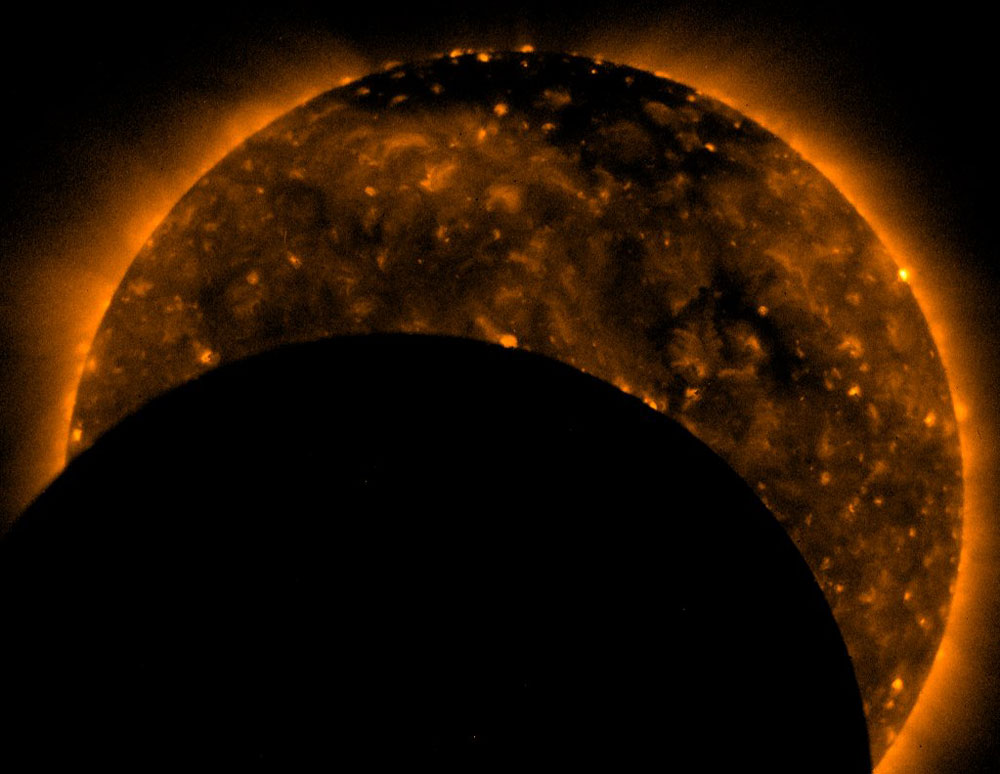
By CD Davidson-Hiers
White-gold beaches, gentle-giant manatees, tangy key lime pie and bold public access to government – key features of Florida.
The public cannot simply rely on the good-natured commitment of those in government to safeguard transparency. Falling this year March 13 to 19, Sunshine Week is the collective national effort to keep government doors to the public open, and its roots began in Florida.
The Sunshine State’s open government laws had 956 exemptions in 2002, detailing what parts of agency records and meetings are not to be shared with the public, according to the First Amendment Foundation. Today, there are 1,138 exemptions to Florida’s open government laws.
Twenty years ago, guided by the Florida Society of News Editors and the First Amendment Foundation, Florida’s news press launched Sunshine Sunday, a weekend date chosen to honor the “Father of the Constitution,” U.S. President James Madison’s March 16 birthday.
Florida’s public records law passed in 1909 and since then, Florida has led the nation with the strength of its protections of the public’s right to know what their governments are doing.
In 1967, Florida saw the enactment of its Government-in-the-Sunshine Law, which protects the public’s right to access most meetings of governing boards, commissions and agencies from local governments to the state level.
Reminding the public about sunshine in the Sunshine State
The 2002 Sunshine Sunday initiative started with phone calls between news folk including then-FSNE board members Tim Franklin, Don Lindley and First Amendment Foundation’s Barbara Petersen.
At the time, Florida’s Legislature was working to pass some 150 bills that would, in one way or another, chip away at the public’s ability to monitor its government. (Petersen is now the executive director of the Florida Center for Government Accountability).
 The legislature was reacting to the horrific attacks of September 11, 2001, and were filing bills in the name of combating terrorism, Franklin said. But few of the bills actually addressed issues of security, Petersen told the Associated Press in 2003.
The legislature was reacting to the horrific attacks of September 11, 2001, and were filing bills in the name of combating terrorism, Franklin said. But few of the bills actually addressed issues of security, Petersen told the Associated Press in 2003.
“We realized the only way potentially we were going to stop this onslaught [against access] was to raise the public’s awareness,” Franklin said. He now holds a position as Senior Associate Dean and professor in Northwestern University’s Medill School of Journalism.
He recalled how he and others involved doubted whether Florida’s competitive news outlets would be able to collaborate.
But Don Lindley, at the time editor of the Daytona Beach News-Journal, called every daily newspaper in Florida, urging editors, columnists, reporters and cartoonists to publish something that celebrated or illustrated the importance of Florida’s access laws. (Lindley serves as vice president on the FLCGA board.)
One paper, Lindley remembers, published a news story showing all the information obtained via public records as a blank-space omission in one version of the story and included in the other.
The statewide effort that first Sunshine Sunday stopped the legislature in its tracks and only a handful or so of the previously filed 150 bills passed.
“The response was remarkable across the state,” Franklin said.
The idea to actively support Sunshine Laws would become a social juggernaut and in the years following, the effort would go nationwide.
“Comparing threats to [public] access then and now, I think many of the same concerns are with us today, but the organizations don’t have the same power and reach they once did,” said Anders Gyllenhaal, who was involved with the American Society of News Editors at the time Sunshine Week took off.
“I think we can see that the erosion of staffs to cover local news and the many government agencies or organizations have removed a safeguard – and that governments are naturally taking advantage of that.”
All the documents the light touches
Every week is Sunshine Week, according to acclaimed Florida author Craig Pittman. In a recent column for The Florida Phoenix, he exposed how government officials were debating ending the life of an endangered Florida panther.
The source of his story – about 400 government emails obtained through a public records request.
It’s not just journalists who use Sunshine Laws.
“You as an average citizen can file a public records request, get information and hold people to account,” he said.
Journalists can rattle off lists of what’s publicly available: playground safety reports, water quality reports, real estate records on the sales of homes, restaurant health inspection reports, information about doctors or health care providers.
“The taxpayers pay for the government to work,” Pittman said. “Don’t we deserve to know how they’re spending our money?”
A resounding “yes” from Sunshine Week advocates.
![]()
CD Davidson-Hiers is a 2017 summa cum laude graduate of Florida State University with a degree in Creative Writing and French. She is a member of Phi Beta Kappa and Golden Key honors societies, and has received multiple writing awards for fiction, nonfiction and poetry. Prior to joining the Florida Phoenix, CD worked at the Tallahassee Democrat and has bylines in Tallahassee Magazine. She is a native of Pensacola and currently lives in Tallahassee with her tabby cat, Faulkner. This column was published earlier by the nonprofit Florida Center for Government Accountability.





























James says
The Washington Posts’ motto… “Democracy Dies in Darkness.” But truth be told, democracy can die in broad daylight, in plain sight of everyone.